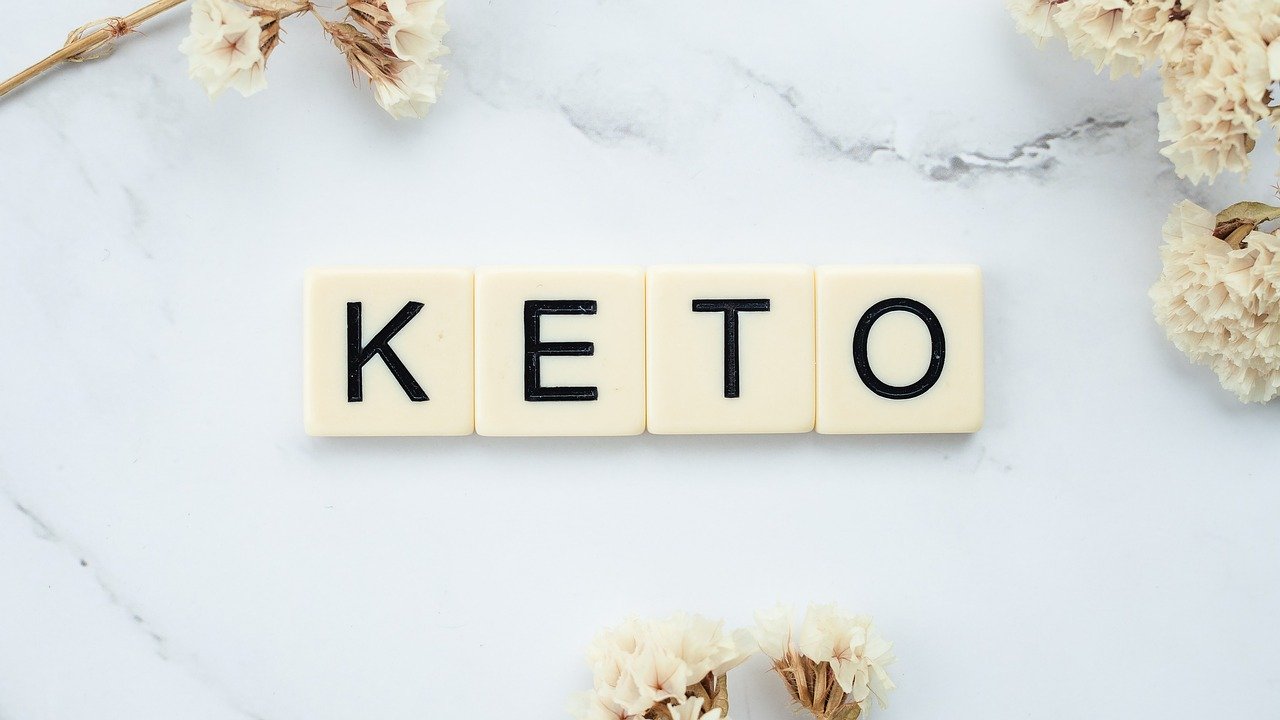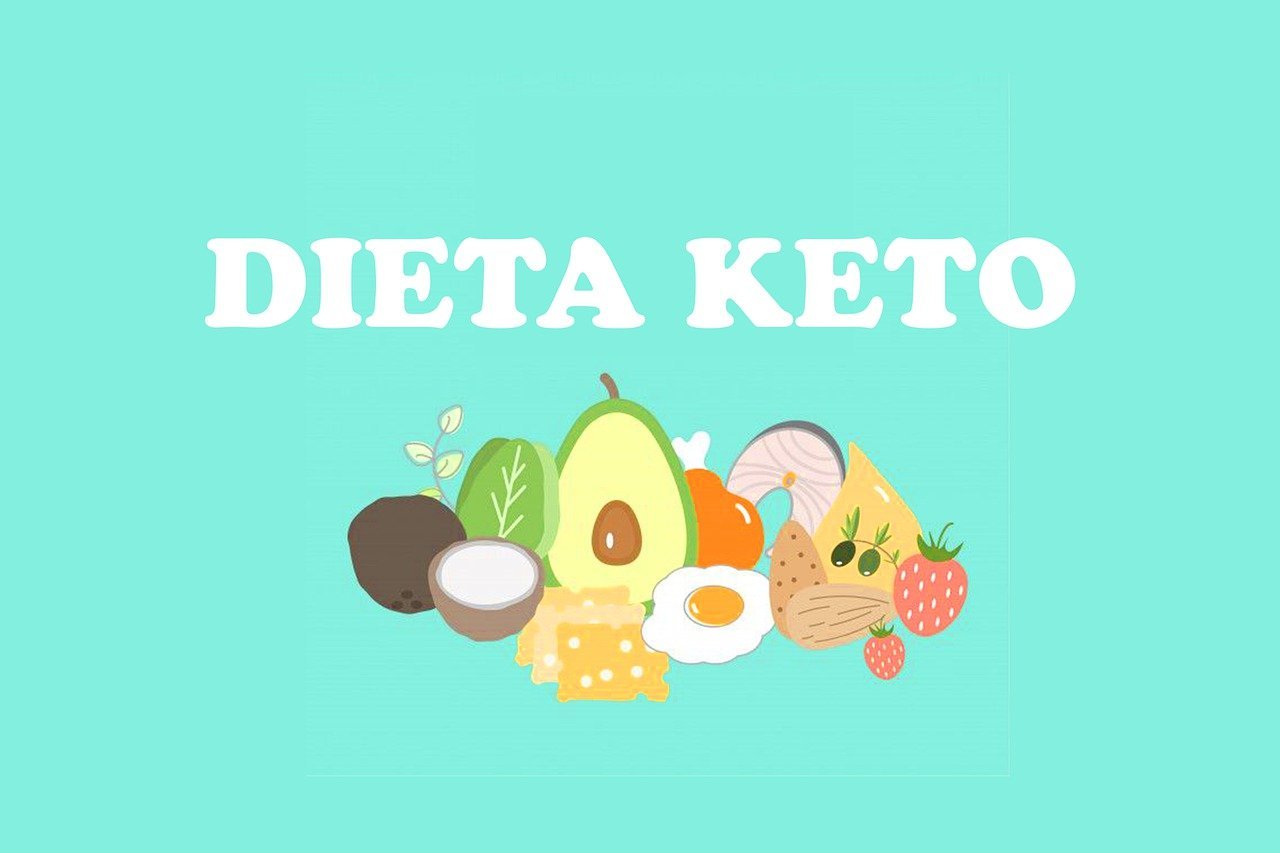
By Admin On 16-05-2024 at 10:13 am
Keto Diet Myths: Debunking Common Misconceptions
The ketogenic diet has gained immense popularity over the years, but with its rise, several myths and misconceptions have also emerged. These myths can confuse those considering keto or even discourage them from starting. Let’s debunk some of the most common myths about the keto diet and uncover the facts.
1. Myth: Keto is Just a Fad Diet
Fact: While the keto diet has gained mainstream attention recently, it’s far from a fad. Ketogenic principles have been used in medical treatments for over a century, particularly for managing epilepsy. Its science-backed approach to weight loss and metabolic health has solidified its credibility.
2. Myth: You Can Eat Unlimited Fat on Keto
Fact: While the keto diet is high in fat, it doesn’t mean you can eat unlimited amounts of bacon, butter, or cheese. Consuming excessive calories can still lead to weight gain. The focus should be on healthy fats like avocados, olive oil, and nuts, combined with proper portion control.
3. Myth: Keto is a High-Protein Diet
Fact: The keto diet is moderate in protein, not high. Overconsumption of protein can lead to gluconeogenesis, where the body converts excess protein into glucose, potentially disrupting ketosis. The focus should remain on healthy fats with moderate protein intake.
4. Myth: Keto is Dangerous for Your Heart
Fact: This misconception stems from the fear of high-fat diets. However, research shows that keto can improve heart health by reducing triglycerides, increasing HDL (good cholesterol), and lowering LDL (bad cholesterol) levels when healthy fats are prioritized.
5. Myth: You Can’t Eat Any Vegetables on Keto
Fact: While starchy vegetables like potatoes are restricted, many low-carb vegetables such as spinach, zucchini, broccoli, and cauliflower are keto-friendly and packed with essential nutrients.
6. Myth: Keto Flu Lasts Forever
Fact: Keto flu symptoms, such as fatigue and headaches, are temporary and typically last a few days as your body adapts to ketosis. Staying hydrated and replenishing electrolytes can help ease the transition.
7. Myth: Keto is Only for Weight Loss
Fact: While weight loss is a common benefit, keto also supports better energy levels, improved mental clarity, and even therapeutic benefits for conditions like type 2 diabetes and epilepsy.
8. Myth: You Can’t Exercise on Keto
Fact: Many people thrive on keto while maintaining active lifestyles. While it may take time for your body to adjust to using fat as fuel, once adapted, you can perform high-intensity and endurance activities effectively.
9. Myth: Keto Causes Nutrient Deficiencies
Fact: A well-planned keto diet includes nutrient-dense foods like leafy greens, nuts, seeds, and fatty fish, ensuring you get all the essential vitamins and minerals your body needs.
10. Myth: Keto is Unsustainable
Fact: Sustainability depends on individual preferences and adaptability. Many find keto sustainable by incorporating variety, experimenting with recipes, and focusing on long-term health benefits rather than short-term results.
By addressing these myths, you can approach the ketogenic diet with clarity and confidence. Remember, knowledge is power, and understanding the facts behind keto can help you make informed decisions and enjoy a successful journey.

Author
Share on:
Related posts

16-05-2024
Top 5 Mistakes to Avoid on a Keto Diet

